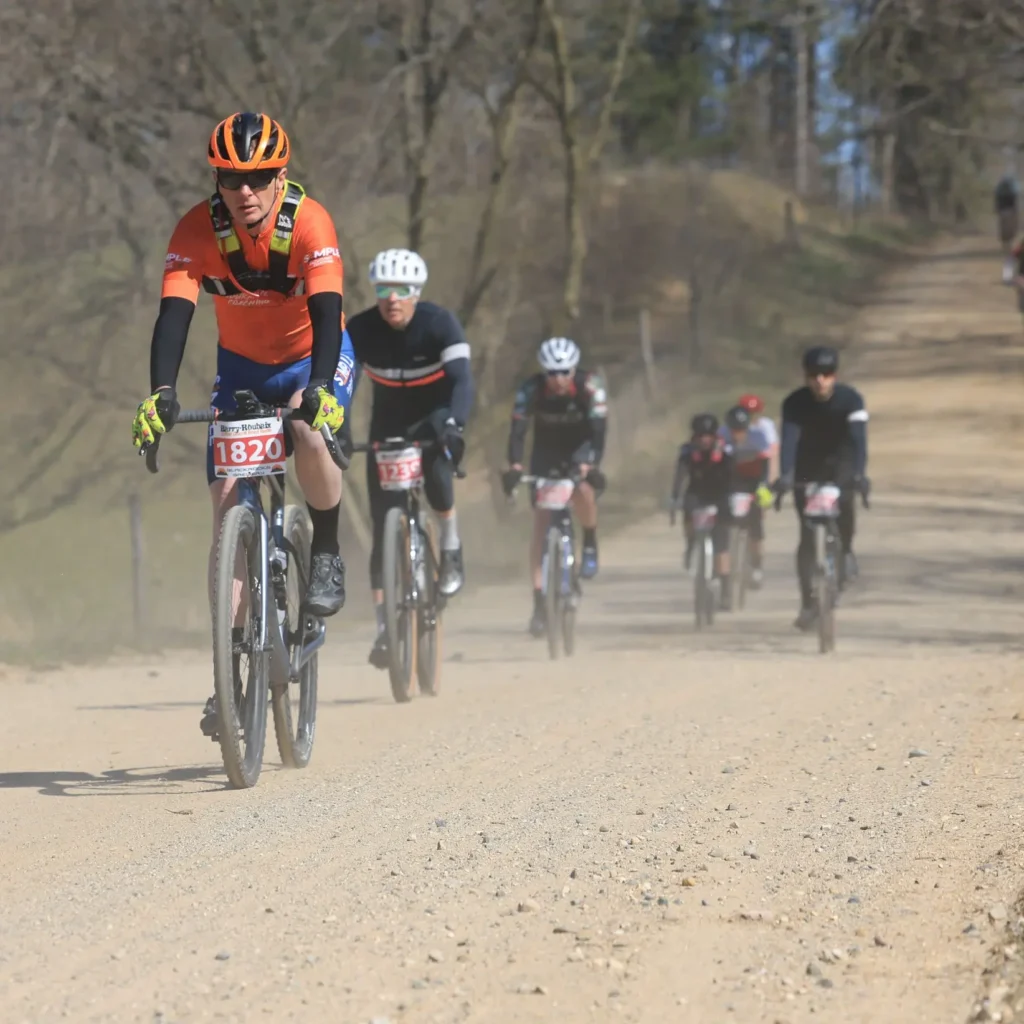As everyday endurance athletes, our sports are not our primary job.
And sometimes life gets in the way of training.
So what do you do if you have a two-hour workout scheduled but there’s no way you’ll be able to complete the whole thing?
Adapt and do part of it.
Something is always better than nothing, and it’s important to stay consistent with daily movement and exercise.
Here are four reasons why it’s important to do something
- Maintaining Routine: Even a shortened workout helps you maintain the habit and routine of exercising regularly. Consistency over time is crucial for progress and overall fitness.
- Physical Benefits: Doing some exercise, even if it’s shorter than planned, still offers physical benefits. You might not get the full cardiovascular or strength benefits of a complete workout, but you’ll still be moving your body, which has positive effects on your health.
- Mental Benefits: Exercise is not just about physical health; it’s also essential for mental well-being. Even a short workout can help alleviate stress, boost mood, and improve cognitive function.
- Avoiding Regression: Regular physical activity helps maintain your fitness level. Skipping workouts altogether can lead to detraining, where you lose the gains you’ve made. Even if it’s less than planned, doing something helps mitigate this regression.
Workouts have goals
How do you know what to do?
Every workout you do should have a particular goal.
Perhaps it’s to build aerobic capacity (endurance), or strength, or something else.
Do enough to meet most of the goals of the session.
For example, in an interval session, where you do three sets of 30/30s, you might do two or only one.
Or if you have a strength session, you might just do the core work.
One set is better than no sets
While you may not get the full training stimulus intended with three sets, for example, doing one set still provides benefits:
- Training Effect: Even one set of intervals can improve your cardiovascular fitness, muscular endurance, and lactate threshold to some extent.
- Time Efficiency: Completing one set of intervals is better than none in terms of time efficiency. It allows you to get some quality training in, even if you’re short on time.
- Progression: If you consistently find yourself having to shorten workouts, starting with one set and gradually building up to three sets can be a feasible way to progress and adapt to your schedule.
What if you have two sessions scheduled in one day?
I often schedule two sessions for my athletes.
My triathletes sometimes even have three sessions.
I’ll often add a yoga or strength workout
If they’re running out of time, is it better to do one complete workout and skip the other?
In general, I encourage my athlete to do a little of each or complete the key workout.
For example, if we have intervals and strength training on the same day, the athlete could complete the intervals – or most of them – and do the key part of the strength workout, which is always going to be core strength.
If a triathlete has swimming and biking on the calendar, they might do the main set of swimming and an abbreviated bike with a little extra intensity.
Exceptions
Of course, there are exceptions.
If you’re injured or feeling unwell, it’s essential to listen to your body and take the necessary rest.
But for most situations where time is the primary constraint, doing a partial workout is better than doing nothing at all.
It’s all about finding balance and consistency in your fitness routine.
Three things about doing something rather than nothing
- When faced with time constraints, do as much as you can to meet the goals of the workout.
- Keep your workout streak going by doing something rather than skipping the workout.
- Take the day off if you’re sick or significantly fatigued.
Need more?
Unlock the secrets to mastering gravel racing with our FREE Guide to Gravel Racing! Get yours here.
BOOK A CALL so we can discuss your goals, answer questions, and talk about making your endurance training more effective, fun, and Simple.
Paul Warloski is a:
- USA Cycling Level 1 Advanced Certified Coach
- RRCA Running Coach
- Training Peaks Level 2 Coach
- RYT-200 Yoga Instructor
- Certified Personal Trainer
- Certified Nutrition Advisor




